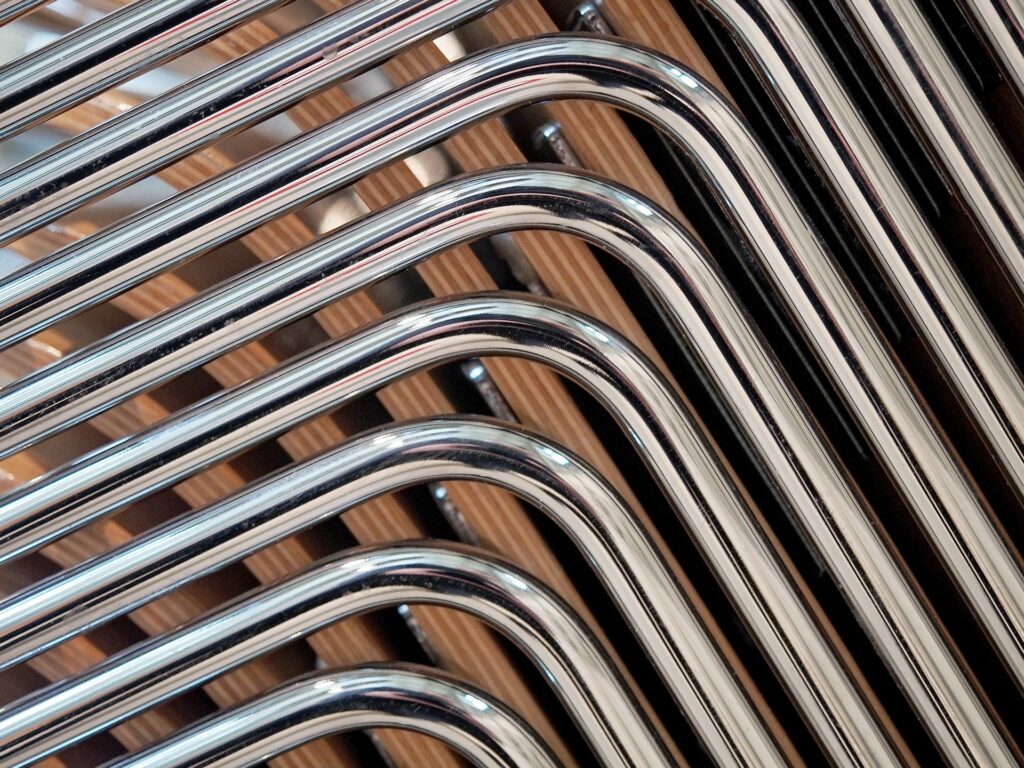
Stainless Steel Supplier’s Guide to Recyclable and Sustainable Materials
Stainless steel was first introduced in 1915 and has since been used for countless applications across a wide array of industries due to its excellent mechanical and corrosion properties. Now, as more emphasis is placed on sustainability, stainless steel is gaining significant recognition due to its outstanding environmental benefits. Before we try to determine whether stainless steel is a sustainable material or not, we should first define what we mean by sustainability in relation to our health and environment.
What Makes a Material Recyclable and Sustainable?
A recyclable material is one that can undergo this recycling process and be remade into a new product. As many of you may already know, recycling is a process that changes waste materials into new products to prevent wasting materials that could potentially be useful. It also reduces the consumption of fresh raw materials and energy, reduces air and water pollution, and lowers greenhouse gas emissions, compared to plastic production.
A sustainable material does not harm the people working to produce it, or the people who handle it during its use, recycling and ultimate disposal. These materials are then used to create sustainable products which provide environmental, social and economic benefits while protecting public health and environment over their whole life cycle, from the extraction of raw materials until the final disposal.
Recyclable and Sustainable Stainless Steel
The process for recycling it identical to the process for creating it, making stainless steel is 100% recyclable, with no degradation. Stainless steel is made up of many raw materials, including iron, nickel, chromium, and molybdenum, which are all in high demand. Because of this, it is very cost effective to recycle stainless steel and it will even increase your return on investment. Another benefit of stainless steel is that it tends to have a long lifetime in most applications. This has ultimately made the demand for stainless steel higher today than it has the past. However, despite the ability to recycle stainless steel there is not enough material supply to keep up with today’s production demands. This is an excellent problem to have, helping ensure that new stainless steel that goes into production today will be recycled in the future.
In addition to having an excellent track record for recyclability and end of life ROI, stainless steel is also a sustainable material. If the appropriate stainless steel is chosen to meet the corrosion conditions of a particular application, a stainless steel design can typically last the lifetime of a project while other materials may lose effectiveness over time.
A Sustainable and Economical Choice
We are proud of the fact that some of the same factors that contribute to making stainless steel an excellent environmental choice, can also lead to making it an excellent economical choice, especially when considering the lifetime costs of a project. The selection of the appropriate stainless steel for an industrial project can also lead to less lifetime maintenance and inspection costs, along with less production downtime costs. This helps highlight a growing amount of awareness in regards to how to make responsible decisions when it comes to material selection. Ideally, the stainless steel industry, together with the green industry, will continue to educate designers, architects and consumers on the benefits of stainless steel, so as to ensure that this trend continues.
The stainless steel suppliers experts at Atlantic Stainless are here to help you with any questions you may have with your next stainless steel project. For more information about how we can assist you, visit us online, fill out our online form, or give us a call at 800-876-2700, today!
Last updated on January 15th, 2025 at 12:37 pm



